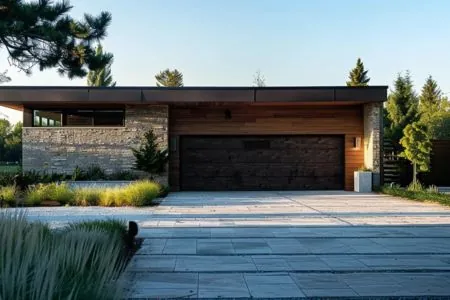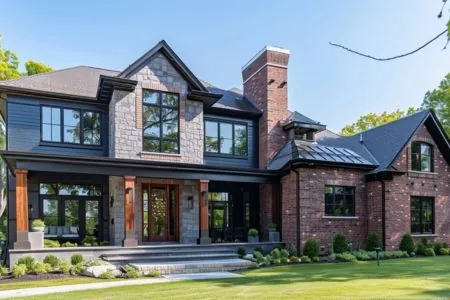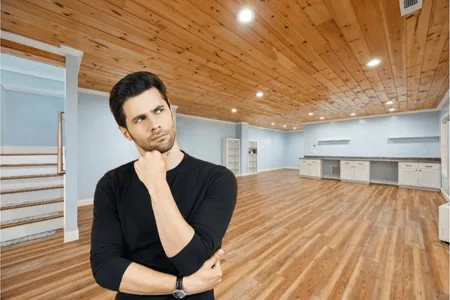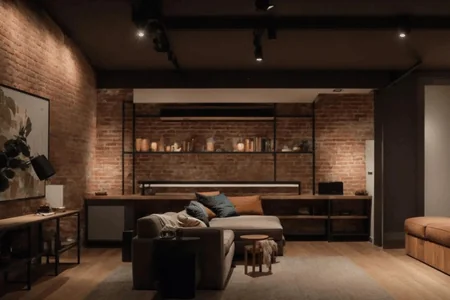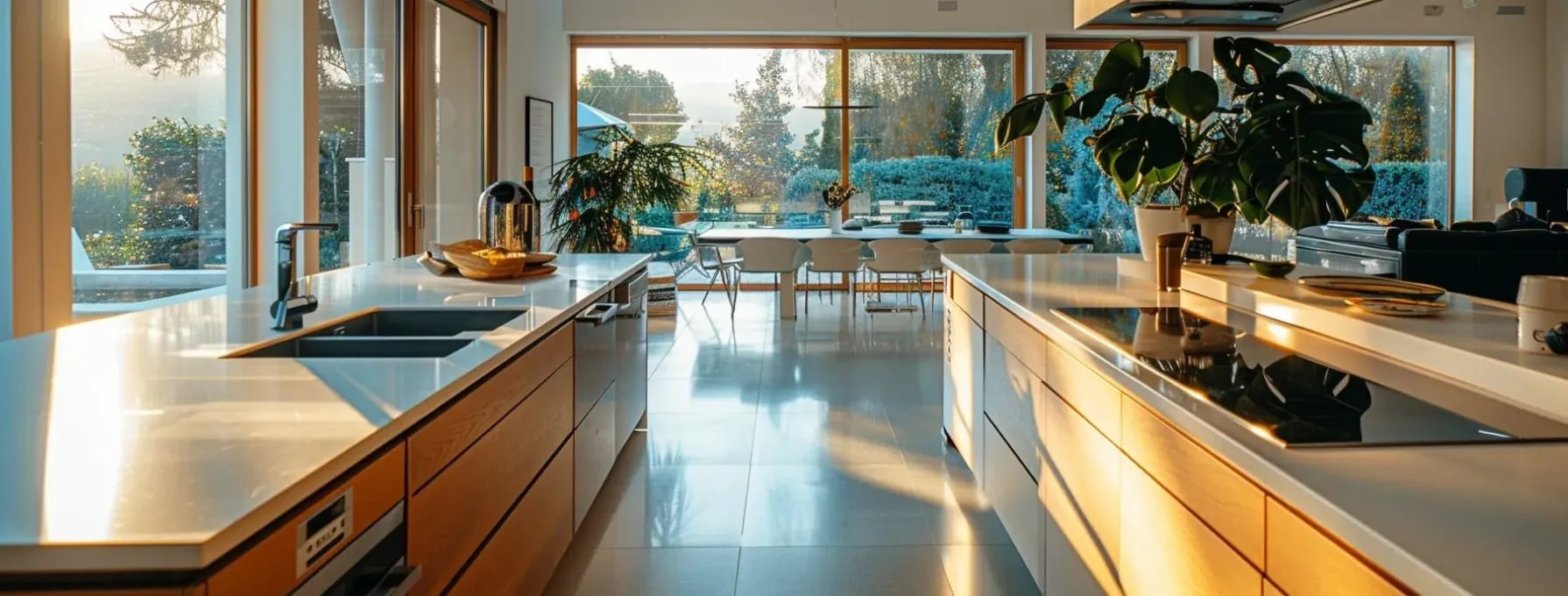If you are considering a home renovation, turning your basement into a bedroom could be a wise investment. Not only does this transformation increase your living space, but it also has the potential to raise your home’s overall value. Whether you want to create a cozy retreat or add a functional guest room, converting your basement can offer several advantages. This article will explore why turning your basement into a bedroom is worth considering, the benefits, key steps, and how it might affect your home’s resale value.
Why Consider Turning Your Basement Into a Bedroom?
Turning your basement into a bedroom is a practical solution for homeowners needing extra space. A basement bedroom uses underutilized space, providing room for family, guests, or even tenants. It is also more affordable than building an addition or expanding your home. By transforming the basement into a bedroom, you increase your living space and enhance your home’s value.
This conversion especially appeals to homeowners who want to maximize their property’s potential. A bedroom basement can also create privacy and separation from other parts of the home, making it a versatile and cost-effective way to expand your living area without significant construction.
Benefits of Transforming Your Basement Into a Bedroom
Transforming your basement into a bedroom offers several clear benefits. Here are a few key advantages:
Affordable Home Expansion Option
Turning your basement into a bedroom is a relatively affordable way to add living space compared to traditional home additions. Renovating a basement typically costs less than building out or adding a new room to your home, as you are working with existing space. By repurposing unused space in your basement, you avoid the high costs of land or construction and still get a functional bedroom that can accommodate family members or guests. For more insights on embarking on such a project, how to renovate a basement offers detailed guidance.
Versatile Living Area
A basement bedroom is a flexible living area. Whether you need an extra bedroom, a private office, or a guest room, a transformed basement can meet various needs. It is a great way to create an adaptable space that can serveg different purposes over time. This versatility makes it a valuable addition to any home, especially for growing families or those with evolving needs.
Enhanced Energy Efficiency
When you are making a bedroom basement, you also have the opportunity to improve your home’s energy efficiency. Basements can be naturally more extraordinary than other areas of the house, which helps maintain a comfortable temperature without running the air conditioning as much. With the right insulation, windows, and proper ventilation, a basement bedroom can help save on energy costs while providing a cozy living space.
Add Value to Your Home
One of the main reasons people invest in creating a bedroom basement is the potential for increased home value. A well-executed basement bedroom can make your property more attractive to buyers looking for extra space. A finished basement adds square footage, which is often a key factor in home appraisals. In many cases, this can result in a higher market value and improve the appeal of your home when you decide to sell.
Checklist for Making Your Basement Into a Bedroom
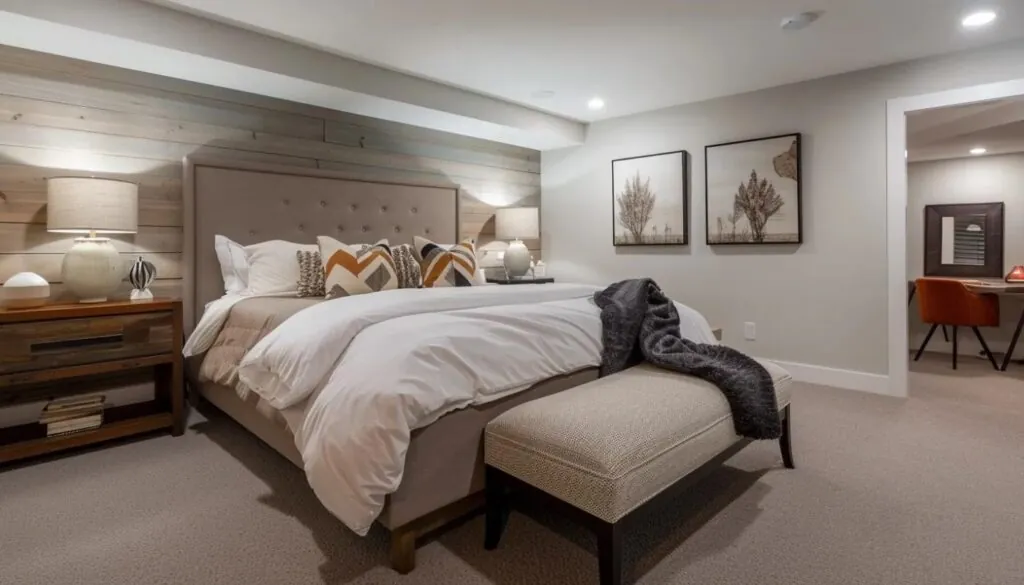
Before beginning your basement bedroom renovation, there are several important steps to ensure it meets both functional and legal standards. Here is a checklist to guide your project:
Ensuring Legal Compliance
Before starting any work on your basement, checking local building codes and regulations is crucial. In some areas, basements must meet specific requirements for use as bedrooms, including ceiling height, fire exits, and egress windows. Ensuring your basement bedroom complies with these regulations will help avoid legal issues and ensure safety for anyone using the space.
Essential Renovation Steps
When turning a basement into a bedroom, several important renovation steps ensure the space is functional, comfortable, and safe. Proper planning and execution are key to transforming the area into a livable bedroom.
· Waterproofing and Insulating the Basement
Basements are often prone to moisture issues, so waterproofing is essential. Proper insulation is also necessary to ensure the space remains comfortable year-round. Insulating walls and floors will also improve energy efficiency and soundproofing, making the basement bedroom more comfortable.
· Adding Proper Lighting and Ventilation
Basements typically have limited natural light, so you must install sufficient artificial lighting. Proper ventilation is also crucial to prevent the space from feeling damp or musty. A sound HVAC system or a window that opens can provide fresh air, improving the overall comfort of your basement bedroom.
· Installing Flooring, Walls, and Ceilings Suitable for Bedrooms
The right flooring, walls, and ceilings are essential for comfort and safety. Carpet, laminate, or engineered wood are good flooring options for a basement bedroom. At the same time, drywall or paneling can create a more finished look for the walls and ceilings.
Furnishing and Decorating Tips
Once the major renovation steps are complete, it is time to focus on the design and the final personalized touches that bring everything together. Here are some tips for creating an inviting basement bedroom:
· Creating a Cozy and Welcoming Bedroom Environment
Use warm colors, comfortable furniture, and soft lighting to create a relaxing environment. Adding throw pillows, rugs, and cozy blankets can help make the basement feel more like an actual bedroom. Do not forget to incorporate personal touches like artwork or family photos to give the room character.
· Furniture Placement for Smaller Basement Spaces
Basement bedrooms are often smaller than other rooms, so furniture placement is key. Choose space-saving furniture like a fold-out bed or a built-in wardrobe to maximize floor space. Keep the layout simple and avoid overcrowding the room with too much furniture so the space feels larger.
Does a Basement Bedroom Boost Resale Value?
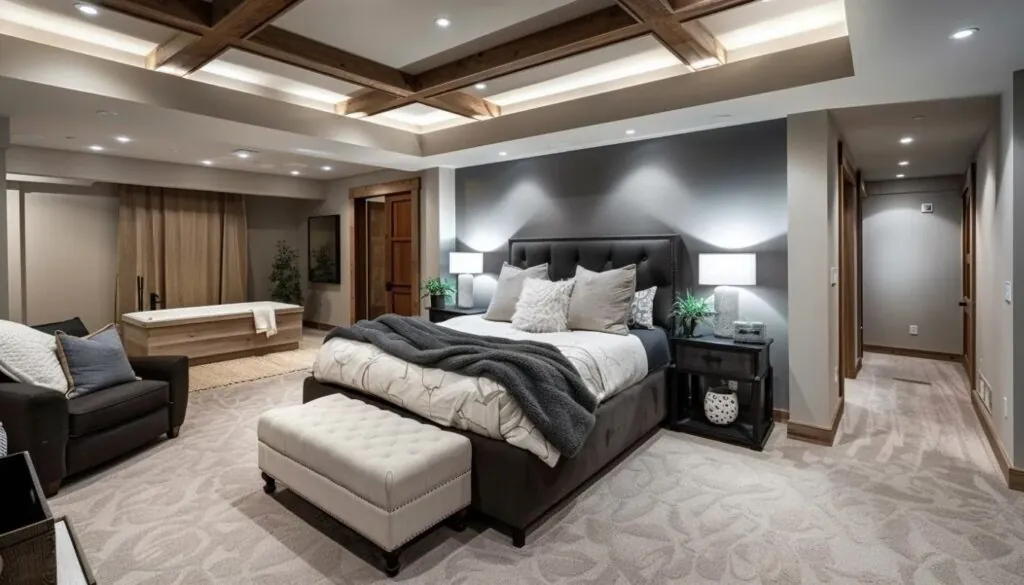
A basement bedroom can indeed increase your home’s resale value. Buyers often look for additional living space; a finished basement with a bedroom is seen as an attractive feature. It adds functional square footage to make your home stand out in a competitive real estate market. The added bedroom space can also appeal to larger families or buyers seeking rental income potential.
Comparing Basement Bedroom Value to Other Renovations
Converting a basement into a bedroom can be a valuable addition to your home, though its return on investment may not be as high as other significant renovations like a kitchen remodel or bathroom upgrade. However, it remains a cost-effective option for homeowners looking to increase space and home value without the expense of larger projects. Here are key points to consider:
· Affordable Option: Basement bedrooms typically cost less than kitchen or bathroom renovations as the overall structure is already in place. For more details, you might want to look at basement remodel and finishing.
· Solid Return on Investment: While the return on your investment may not be as high as other common renovations, it still adds significant value to your home.
· Budget-Friendly: A basement conversion is a great way to gain additional living space without overspending for those working within a budget for home improvements.
Ultimately, converting your basement into a bedroom is an excellent choice if you want to maximize your home’s value with a manageable budget.
Ready to Transform Your Basement Into a Bedroom?
If you are ready to take the next step and start turning your basement into a bedroom, it is important to plan the project carefully. You can create a valuable and functional space in your home by following a proper checklist, ensuring compliance with regulations, and making thoughtful design choices. Whether you are expanding your family’s living area or adding a guest room, turning your basement into a bedroom is a practical way to increase your home’s value and livability. Stop putting off your renovation project today and add value and appeal to your home with a basement bedroom addition today. Call a basement contractor near you to get started!
FAQs on Bedroom Basement
Do I need a permit to build a bedroom in my basement?
Yes, you typically need a permit to convert your basement into a bedroom, especially if you are making structural changes, modifying electrical systems, or installing plumbing. A permit ensures that your renovation follows local building codes, including safety regulations for ceiling height, ventilation, and emergency exits. Failing to obtain the necessary permits could lead to legal issues, fines, or problems when selling your home. Always check with your local building authority before starting your project.
Can you put a bedroom in a basement without a window?
No, a legal bedroom in a basement must have an emergency exit, which usually means an egress window or an exterior door. Building codes require this for fire safety, ensuring that occupants can escape in an emergency and allowing first responders to enter if needed. The egress window must meet size and clearance requirements for easy passage. Without a proper exit, a basement room cannot legally be classified as a bedroom.
Is it OK to have a bedroom in the basement?
Yes, it is safe and common to have a bedroom in the basement, as long as it meets local building codes. Proper ventilation, lighting, insulation, and an emergency exit (such as an egress window) are essential to ensure safety and comfort. A well-designed basement bedroom can add valuable living space and increase home value. However, addressing moisture control and air circulation is crucial to prevent dampness and maintain good air quality.
How do you ventilate a basement room without windows?
If a basement bedroom lacks windows, mechanical ventilation is necessary to maintain air quality. Options include installing an exhaust fan, using an air exchanger like a heat recovery ventilator (HRV) or energy recovery ventilator (ERV), or extending the home’s HVAC system to the basement. These solutions help circulate fresh air, reduce humidity, and prevent issues like mold and stale air buildup, ensuring a comfortable and healthy living environment.
How do you vent a basement with no outside access?
Venting a basement with no direct outside access requires mechanical systems to improve airflow. A common solution is connecting the basement to the home’s HVAC system, using ducts to distribute conditioned air. Alternatively, installing an HRV or ERV can help exchange stale indoor air with fresh air from other areas of the home. A dehumidifier may also be necessary to control moisture levels and prevent dampness. Consulting an HVAC professional can help determine the best approach for your basement setup.

